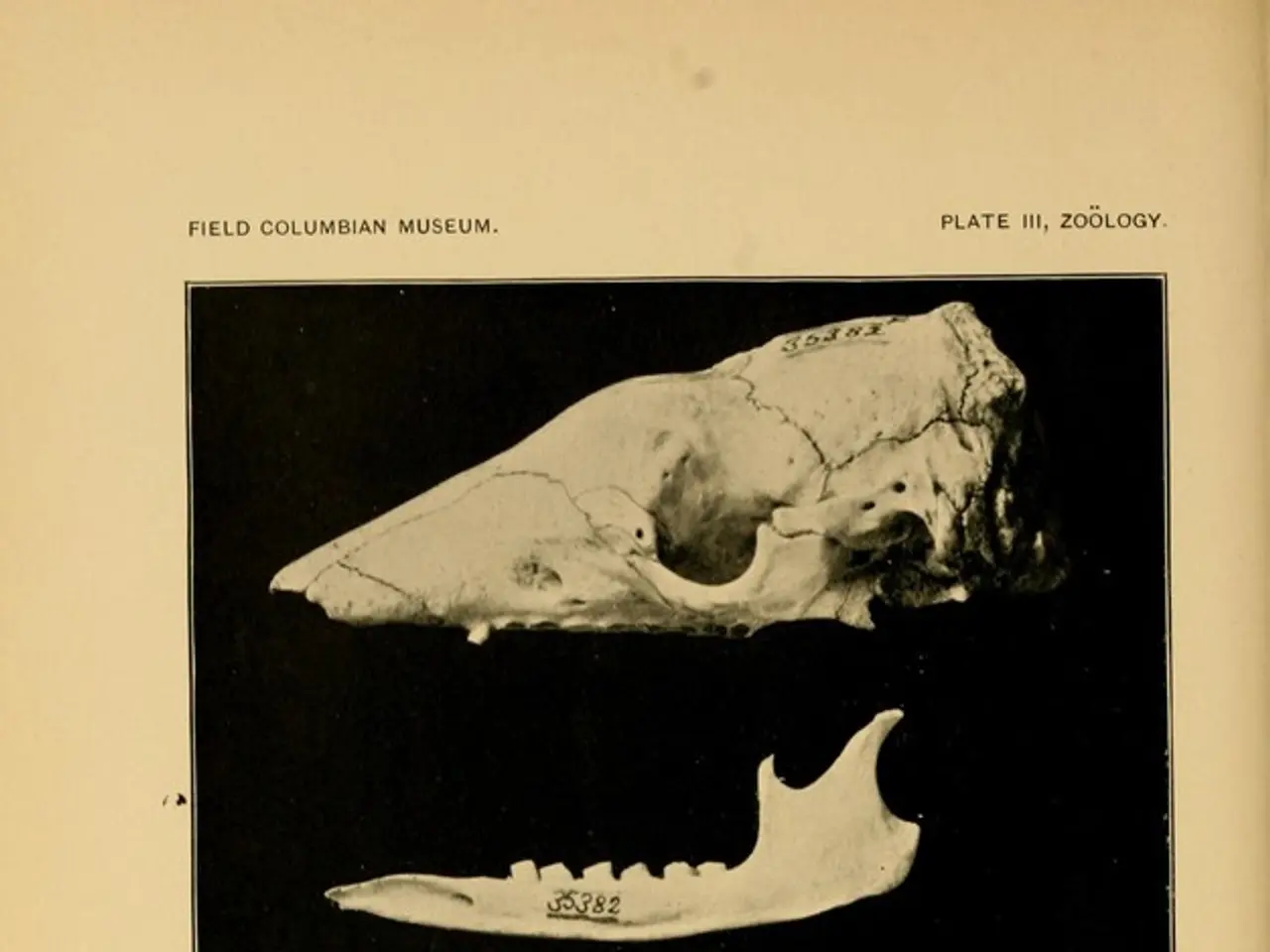Guidelines for Navigating Digestion with Ankylosing Spondylitis
Ankylosing spondylitis (AS), a chronic inflammatory condition affecting the spine and other joints, may find relief through dietary adjustments. While direct research on diet and AS is still emerging, evidence from related autoimmune and rheumatic diseases supports that diets rich in omega-3 fatty acids, antioxidants, and fiber may help reduce inflammation and improve AS symptoms.
### Diet and AS: A Potential Link
Current evidence suggests a link between diet and AS, primarily through the role diet plays in modulating inflammation. AS is an autoimmune inflammatory disease, and dietary adjustments targeting inflammation may help manage symptoms and disease activity.
### Anti-Inflammatory Foods for AS Management
Diets rich in anti-inflammatory foods, such as omega-3 fatty acids and antioxidants, have been shown to help manage AS by reducing systemic inflammation. Foods like fatty fish (salmon, trout), flaxseeds, walnuts, broccoli, cabbage, Brussels sprouts, and antioxidant-rich fruits and vegetables provide essential nutrients that inhibit inflammatory pathways and promote joint and bone health.
### The Mediterranean Diet and AS
Adherence to dietary patterns like the Mediterranean diet, which is rich in polyphenols, omega-3s, dietary fiber, and bioactive spices, has demonstrated reductions in inflammation markers and improvement in rheumatic conditions.
### Practical Dietary Recommendations
To reduce inflammation and support joint health, a balanced diet rich in anti-inflammatory components is recommended. This includes fatty fish, colorful fruits and vegetables, whole grains, nuts, and seeds. Limiting intake of pro-inflammatory foods, such as processed foods, excess red meat, sugary snacks, and saturated fats, is also crucial.
### Consulting Professionals
Given that evidence specific to AS remains evolving, it is essential to consult with a healthcare professional or dietitian to tailor dietary choices to individual needs.
In summary, while direct research on diet and AS is still emerging, evidence from related autoimmune and rheumatic diseases supports that diets rich in omega-3 fatty acids, antioxidants, and fiber may help reduce inflammation and improve AS symptoms. The Mediterranean diet and consumption of cruciferous vegetables, fatty fish, and antioxidant-rich foods appear particularly beneficial.
Key Points:
| Component | Source Foods | Anti-Inflammatory Mechanism | |----------------------------|-------------------------------------|-----------------------------------------------| | Omega-3 Fatty Acids | Salmon, trout, flaxseeds, walnuts | Reduce TNF-α, IL-6; promote inflammation resolution | | Polyphenols / Antioxidants | Berries, red grapes, olives, dark chocolate | Inhibit NF-κB pathway, reduce pro-inflammatory cytokines | | Sulforaphane | Broccoli, cabbage, Brussels sprouts | Blocks inflammatory processes, slows cartilage damage | | Fiber | Whole grains, fruits, vegetables | Supports gut health and immune modulation |
This dietary approach aims to reduce inflammation and support joint health as part of a comprehensive management plan for people with ankylosing spondylitis.
- For individuals with ankylosing spondylitis, a chronic inflammatory condition affecting the spine and joints, the role of diet in managing symptoms is under investigation.
- Dietary adjustments, particularly those aimed at reducing inflammation, may provide some relief for ankylosing spondylitis, as the condition is autoimmune and inflammatory in nature.
- Foods rich in omega-3 fatty acids, such as salmon, trout, flaxseeds, and walnuts, have shown promising results in helping manage ankylosing spondylitis by reducing systemic inflammation.
- Cruciferous vegetables, like broccoli, cabbage, and Brussels sprouts, contain compounds like sulforaphane that can inhibit inflammatory processes and potentially slow joint damage.
- The Mediterranean diet, with its emphasis on polyphenols, omega-3s, dietary fiber, and bioactive spices, has demonstrated a reduction in inflammation markers and improvements in rheumatic conditions.
- To support joint health and reduce inflammation, a balanced diet rich in anti-inflammatory components is recommended, including colorful fruits and vegetables, whole grains, nuts, seeds, and, of course, fatty fish.
- Limiting the intake of pro-inflammatory foods, such as processed foods, excess red meat, sugary snacks, and saturated fats, is also crucial for maintaining a healthy, anti-inflammatory diet.
- Given that evidence specific to ankylosing spondylitis is still emerging, it's essential to consult with a healthcare professional or dietitian to tailor dietary choices to individual needs.
- The science behind diet and its impact on chronic inflammatory conditions like ankylosing spondylitis, as well as chronic kidney disease, other medical conditions, and chronic diseases, continues to evolve in the field of health and wellness.
- In the realm of fitness and exercise, proper nutrition plays a vital role in supporting weight loss, fueling workouts, and promoting overall health.
- Aside from diet and exercise, CBD, a compound derived from cannabis, is sometimes used in the treatment of various chronic diseases and conditions, including ankylosing spondylitis and associated pain.
- Individuals seeking to manage their ankylosing spondylitis through diet should be wary of naive treatment ideas and rely on established scientific evidence and the guidance of medical professionals.
- Ultimately, a comprehensive approach to managing ankylosing spondylitis involves various factors, including diet, exercise, stress management, and, whenever necessary, medical treatment from knowledgeable and experienced treaters.




